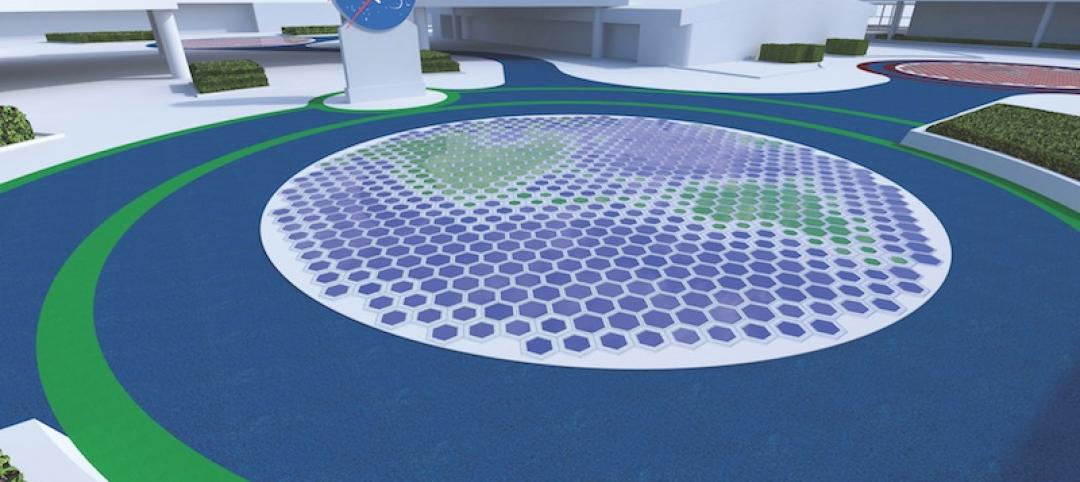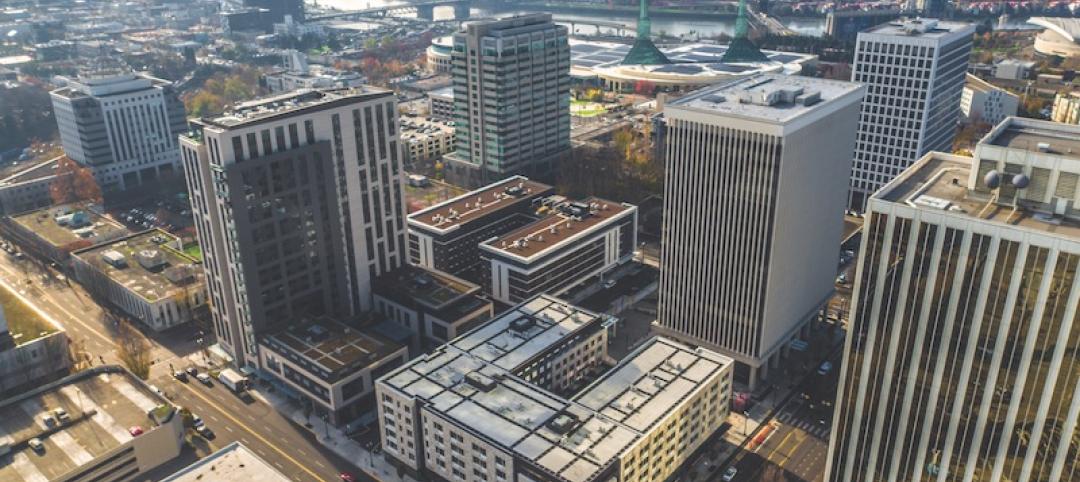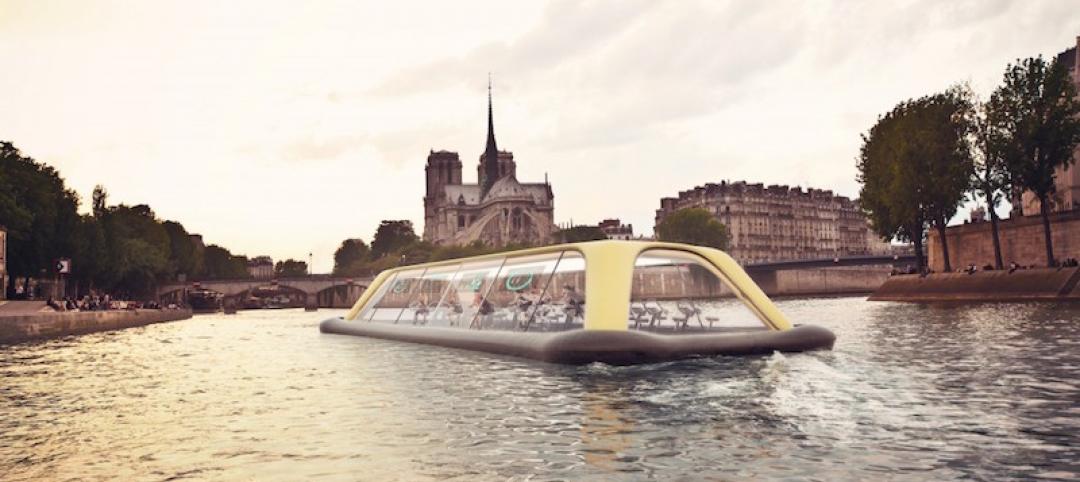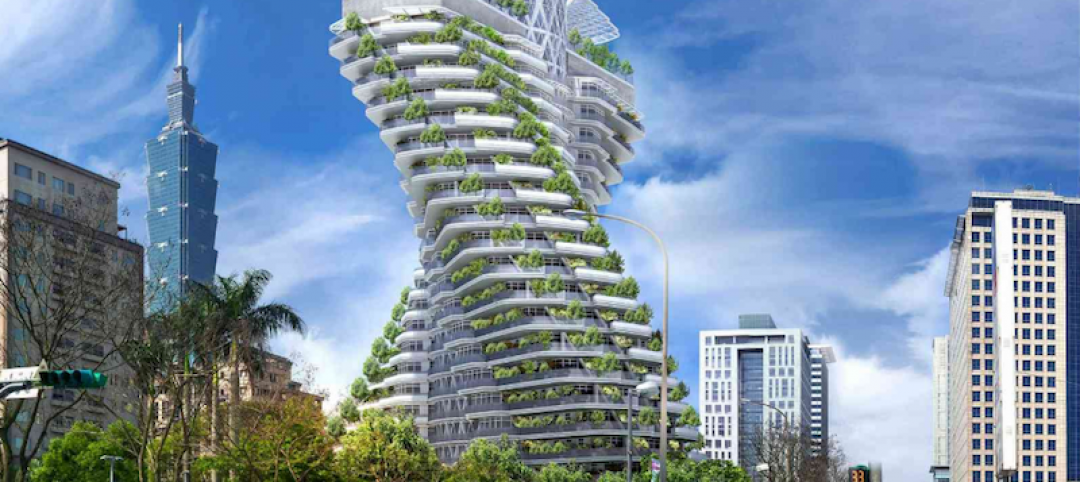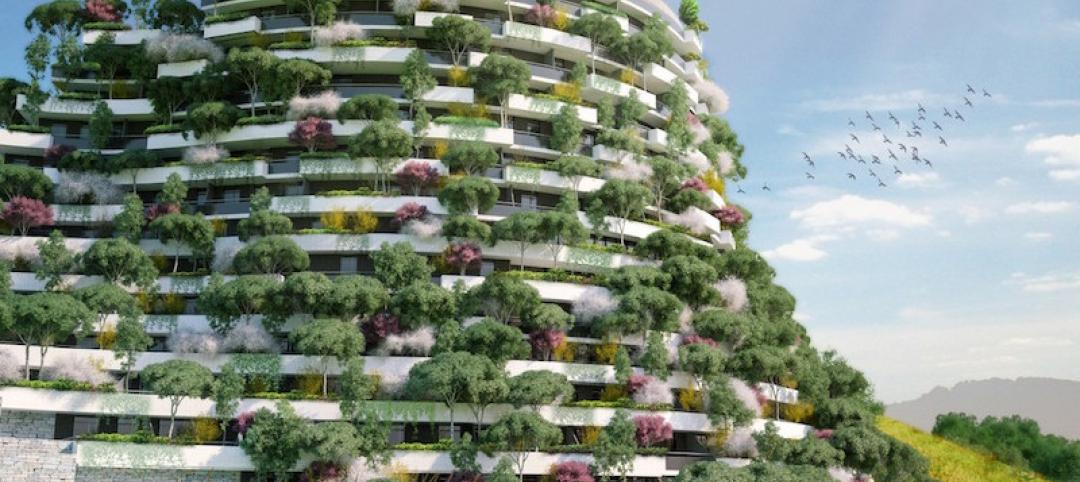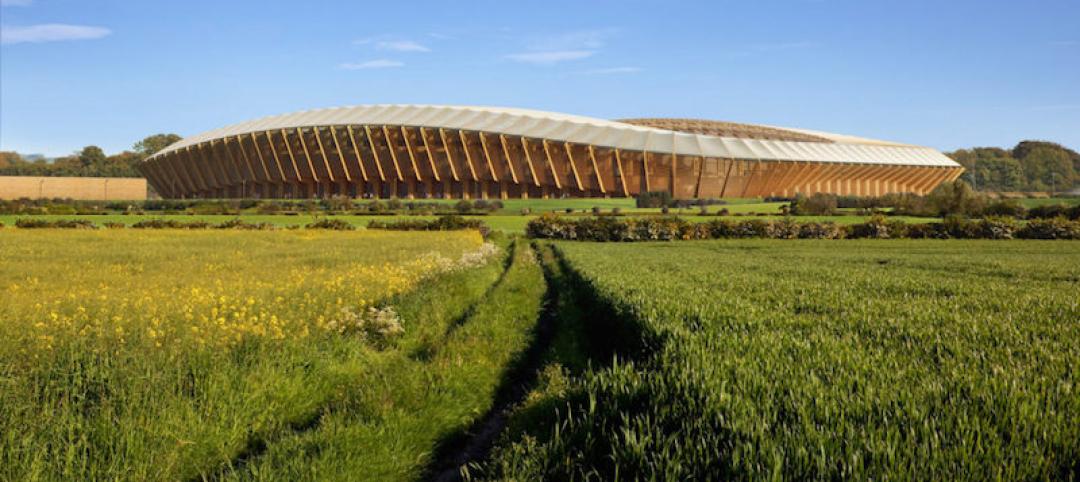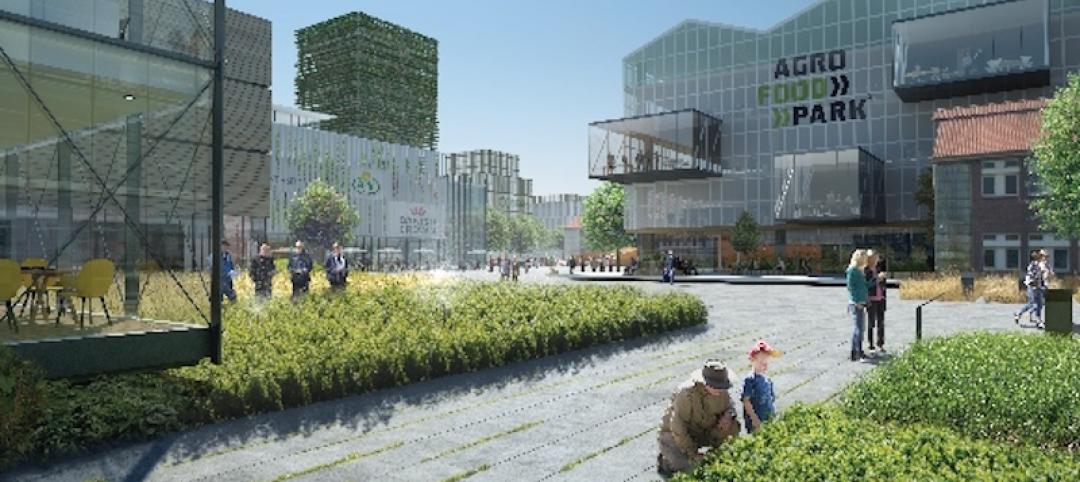A lack of universally accepted standards for collecting, managing, and storing greenhouse gas emissions data (i.e., carbon accounting) is holding back carbon reduction efforts, according to an essay published by the Rocky Mountain Institute.
Inconsistent standards make it difficult to exchange and compare data which adversely affects decision-making. An ecosystem of interoperable carbon accounting technologies would be hugely beneficial for stakeholders in the built environment.
The author envisions a future where buyers’ and sellers’ systems are connected and carbon data is transferred automatically like the direct deposit of a paycheck. “Using existing business intelligence software or a new generation of dedicated carbon accounting software, buyers could see the emissions consequences of their purchases in real time,” the article states.
“They could more easily make low-carbon purchasing decisions, helping them meet net-zero targets and comply with a growing wave of product-level emissions regulations. By aggregating data from multiple suppliers, they could more accurately describe the embodied emissions of their own products and supply that data to their customers, allowing them to qualify for green procurement benefits.”
Related Stories
Game Changers | Jan 18, 2017
Turning friction into power
Research on piezoelectricity moves closer to practical applications for infrastructure and buildings.
Game Changers | Jan 13, 2017
Building from the neighborhood up
EcoDistricts is helping cities visualize a bigger picture that connects their communities.
Sustainability | Dec 14, 2016
A floating, mobile gym powered by human energy envisioned for the Seine River
Energy created by those exercising within would power the gym down the Seine.
High-rise Construction | Dec 2, 2016
Agora Garden, a twisting, plant-filled tower in Taipei, will absorb 130 tons of carbon dioxide annually once completed
The building sits just a few blocks from the LEED-Platinum certified Taipei 101, the world’s eighth tallest building.
Hotel Facilities | Nov 15, 2016
Mountain Forest Hotel looks to restore the natural landscape while offering visitors 250 luxury rooms
The hotel looks to create a symbiosis between man, nature, and architecture.
Sports and Recreational Facilities | Nov 14, 2016
Soccer stadium from Zaha Hadid Architects will be constructed almost entirely of wood
The architects say the project will be the greenest soccer stadium in the world once completed.
Building Technology | Nov 10, 2016
New system from MIT may help buildings monitor stress and damage over time
The computational model is being tested on MIT’s Green Building.
Resiliency | Nov 3, 2016
Future-proofing urban waterfronts
CallisonRTKL’s Nathan Cherry discusses hurricanes, the San Francisco waterfront, and how we can future-proof our urban waterfronts.
Sustainability | Nov 3, 2016
A development in Denmark looks to use agricultural waste to help power its buildings
The proposal is a mixture of agriculture and urban design.
Multifamily Housing | Oct 25, 2016
The Beacon will become the most sustainable residential tower in the world
Lumiere Developments says the building will generate enough energy to offer residents ‘Free Energy For Life.’



